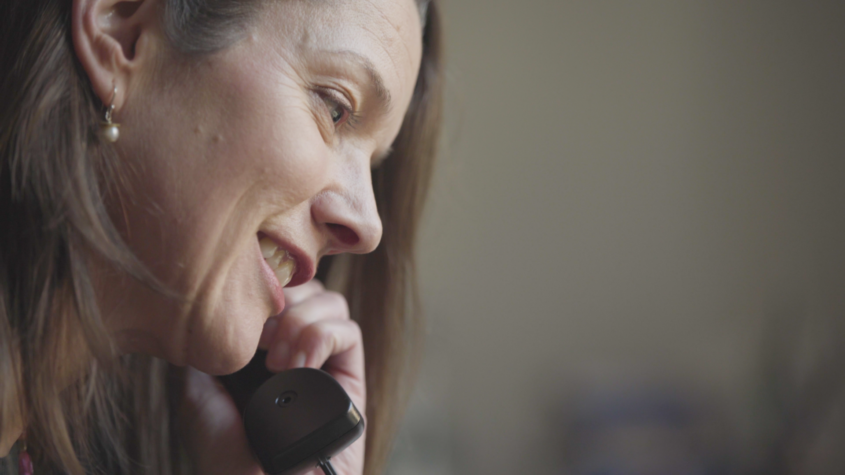Get support
You can also speak to our specialist nurses on our free Support Line with any questions about anxiety or depression or getting support.
Pancreatic cancer can affect your mental health. People with cancer may feel low or anxious from time to time. But for many people with pancreatic cancer, these feelings don’t go away, leading to more serious problems with anxiety and depression.
Some of these symptoms, such as weight loss, change in appetite or lack of energy can be common when dealing with pancreatic cancer. These do not always mean you have depression or anxiety, but they can be distressing. If you have any of the symptoms in the lists above, it is important to get help.
It’s important to know you are not alone. Speak to your hospital doctor, nurse or GP about how you are feeling as soon as possible. They can support you and find ways to manage the anxiety or depression.
Your medical team may suggest a talking therapy such as counselling to help you work through your feelings. They may also prescribe medicines to help treat depression, anxiety or problems sleeping.
It may also help to sort out any practical issues that are worrying you, such as financial issues, work or worries about family.
We have more information about dealing with the emotional impact of pancreatic cancer, and things that can help.
Speak to your GP, doctor or nurse if you have symptoms of depression, or feel you are struggling with your mental health. If you have cancer that can’t be cured and are being cared for by a palliative care team or a hospice, they may also be able to help.
You can also speak to our specialist nurses on our free Support Line with any questions about anxiety or depression or getting support.


“It is so overwhelming and it is so important to be kind to yourself, give yourself plenty of time, allow the emotions to come and go, and talk to anyone you can.”
Published January 2025
To be reviewed January 2028